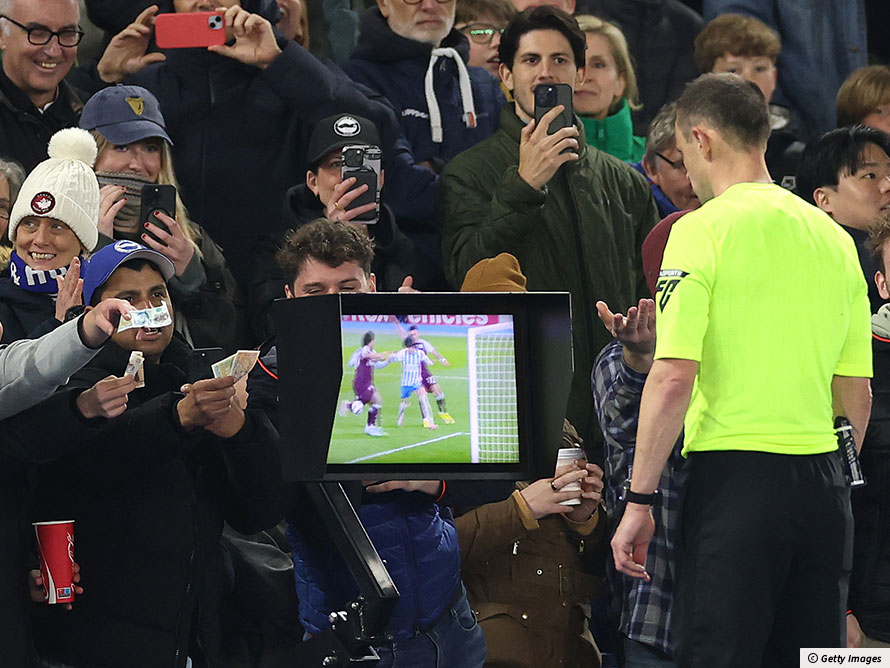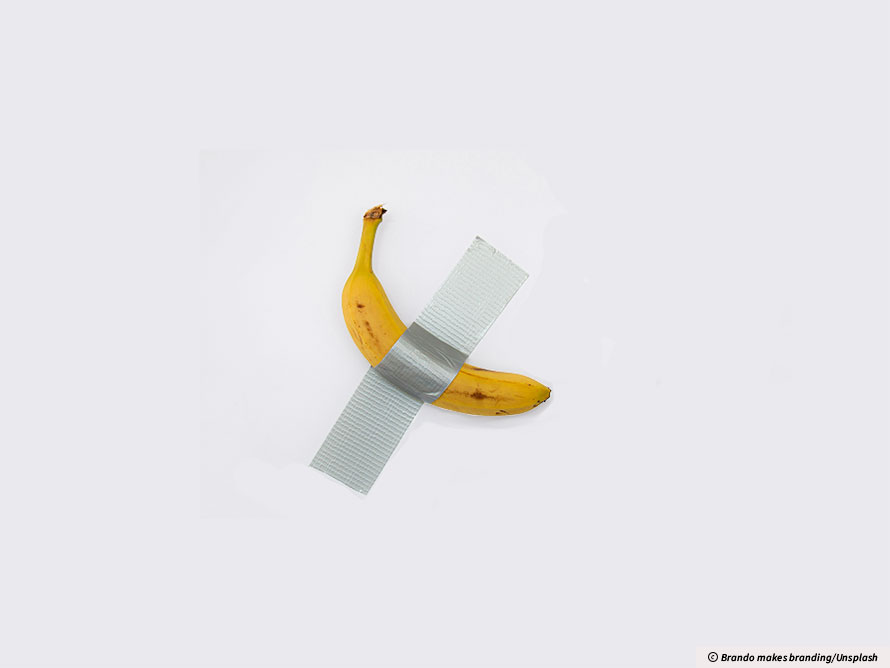While it was meant to cut down on big mistakes, VAR (video assisted referee) technology has introduced a range of problems that nobody anticipated, says Javier Espinar, 15 from Chatsworth
International School.
Since the implementation of the VAR in 2019 there have been some major mistakes that have cost some teams really important achievements.
The main idea behind the VAR was to help referees make right and fair decisions.
From ruining the flow of the game to making things confusing for players and fans, VAR is, in some cases, more trouble than it is worth.
One of the biggest issues facing FIFAThe Federation Internationale de Football Association is the world’s highest governing body of association football. (Fédération Internationale de Football Association) is the number of complaints from fans who miss the fast-paced game it was before the introduction of VAR.
VAR adds time to matches because of the pauses in play for reviews it necessitates and the time it takes for the referee to make a decision. This is then added on as stoppage time at the end of each half, to compensate for lost playing time.
Before VAR, extra time was usually between three and five minutes for each half. Now this ranges from a minimum of seven to 10 minutes.
But the referee having to stop and review the play for several minutes, while fair and, arguably necessary, also kills the momentum of the game.
Before the VAR, when a goal was scored everybody would just celebrate immediately but now it has to be checked for several minutes. Sometimes, thanks to VAR, a goal is awarded minutes after it was scored, or what is generally believed by the crowd to be a goal is proved not to be.
In the past seeing the ball touch the net brought excitement to the fans but now the emotion and the excitement have been killed, in an effort to make the sport fairer for both teams.
While the technology was supposed to make decisions clearer for the referee, it actually makes it more confusing for everybody, as it points out offsides which are unnoticeable to the human eye.
VAR’s offside calls can be unreliable because the exact moment of the pass is often subjective; frame rates may be insufficient to pinpoint it precisely, and the lines drawn to determine player positions are subject to human error and interpretation.
Many people think that referees are losing confidence in their own decisions and abilities, which is valid, but sad. Before VAR, nobody questioned a referee’s decision except for the assistant referees on the sidelines, who would tell the referee if he missed something.
Referees’ opinions on VAR are said to be mixed, with some welcoming it as a tool for accuracy and others criticising it for disrupting the flow of the game, undermining their authority and, in some cases, opening them up for abuse from aggressive fans.
As a younger football fan, I enjoyed the game for the excitement, the mystery, the celebrating, and for how fast it was played. Sadly now though, most of this is gone. And I am not the only football fan to feel this way.
While it is a good idea to make the game fairer, the downsides of VAR technology are perhaps too large a price to pay.
Interested in submitting your own Student Voices article or video? Find out more here.
Keywords
Fifa – The Federation Internationale de Football Association is the world’s highest governing body of association football.














